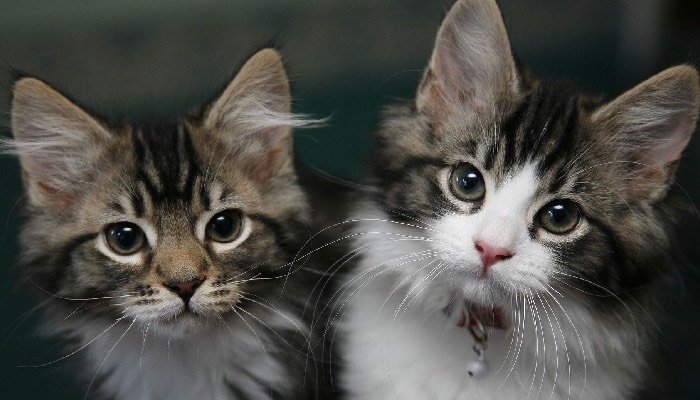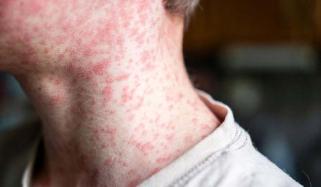
Amid concerns over the evolving bird flu H5N1, a recent review of scientific literature suggests that domestic cats could potentially contract and transmit the virus to humans, necessitating monitoring efforts.
Kristen Coleman, an assistant professor in the UMD School of Public Health, highlights the role of domestic cats as a potential pathway for avian influenza viruses to spill over into humans.
Reports of feline infections have surged since 2023, with a notable increase among domestic cats, aligning with the spread of the H5N1 strain among mammals.
While, bird flu is not currently contagious between humans, the evolving disease poses a threat as it spreads to previously unaffected animals, including pets like cats.
Meanwhile, cat owners, veterinarians, and others in contact with felines could face increased risk of H5N1 infection, urging the need for precautionary measures.
Coleman advises cat owners to avoid feeding raw meat or dairy milk to their pets and to limit their outdoor activities.
Additionally, vigilant monitoring for respiratory and neurological symptoms in cats is recommended, as the virus has reportedly caused blindness and other severe effects in felines.
The study emphasises the importance of a One Health approach, advocating for the monitoring of cats and other animals to protect both animal and human health from the spread of bird flu.
With the virus showing up in unexpected places, proactive measures are essential to mitigate its impact.
As Coleman underscores, "The virus is going to sneak up in more places, just like it did in dairy farms. We know cats are being infected, so let’s get ahead of it."















